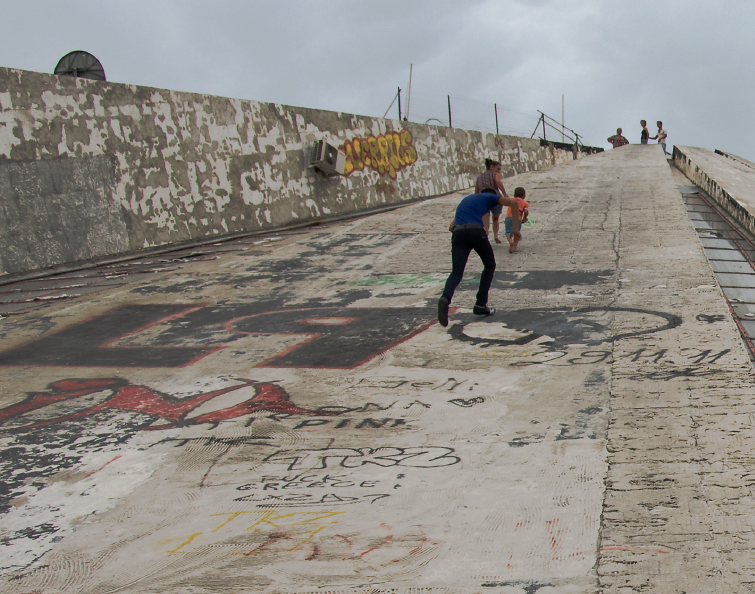This morning’s report from the European Court of Auditors on the European Commission’s anti-corruption efforts in the Western Balkans is a stark wake up call. Scratch beneath the veneer of bureaucratic niceness and the message is loud and clear – the billions of euros being spent by the Commission on the fight against corruption in the region is not producing results and is focusing on the wrong approach.
The report focuses on the Commission’s “Instrument for Pre-Accession Assistance” (IPA), which saw €11.5 billion spent in the Western Balkans (and Turkey) between 2007 and 2013 on everything from solar energy start-ups to promoting more women in parliament. Only a small slice of this – €485 million – is spent on what the Commission calls ‘rule of law’ projects. Even less again is spent on the fight against corruption and organised crime – around 2% of the total budget, according to the Court.
Are these relatively meagre resources up to the task? The region has a dismal record of fighting corruption and organised crime. No country scores less than 60 on our Corruption Perceptions Index (where a score of 50 and above indicates serious problems with corruption). Albania and Kosovo are currently ranked 88 and 103 respectively, putting them on a par with Egypt and Ethiopia. Macedonia has been in turmoil since last summer when leaked wire-taps vividly portrayed a government in hock to organised crime groups and mired in corruption.
Faced with a challenge on this scale and very little money to spread around, the question is whether the Commission is getting enough bang for its buck. The Court’s view is that it is not. The key passages are as follows:
“Free media and a strong civil society are key drivers for raising public awareness of corruption and organised crime; they often encourage anti-corruption agencies and the public prosecution to act. These, in turn, contribute directly to a track record of effective investigation, prosecution and final convictions in judicial cases of high-level corruption and organised crime.
“However…the Commission allocated relatively little funding to media freedom and civil society in the Western Balkans (0.5 % of total allocations). For instance, Albania received no national allocations for media freedom and civil society in the context of the fight against corruption. Likewise, the Commission allocated little funding to the fight against corruption and organised crime (2 %) and support for public prosecution services (1 %)”
“Even the projects that were funded to improve anti-corruption institutions in Albania and Macedonia, for example, were compromised by political meddling and lack of independence”, the Court notes.
The Court’s recommendation could not be clearer – “The Commission should better target resources [to] support the fight against corruption… and media freedom”
It is good to see a European institution finally catching up with our thinking. In our recently published Strategy 2020, we point to a consensus emerging that what delivers results in the fight against corruption is a flourishing and empowered civil society, and independent media watchdogs that are not afraid to bark. Without this, all the institutional and legislative reforms demanded by the EU are only shadow boxing. This is also confirmed by the in-depth research our national chapters are conducting in the region and will be highlighted at an event here in Brussels on 8 November 2016. Our National Integrity System Assessment of Albania, published last week is available here.
Disappointingly, the European Commission – who holds the purse strings after all- remains unconvinced. In its written reply to the Court, it declares the current funding levels for civil society to be “appropriate… given the limits posed by existing absorption capacity. These sectors require primarily the provision of expert advice… and not large-scale investment”. The argument seems to be that civil society is weak in these countries, so we won’t invest in civil society. We will keep banging our heads against a brick wall, ignoring the possibilities for a step-change in the fight against corruption and the fantastic efforts of investigative journalist organisations working on a shoestring such as the Organised Crime and Corruption Reporting Project (OCCRP). Is this what the “results-driven” Commission promised by President Juncker really amounts to?




